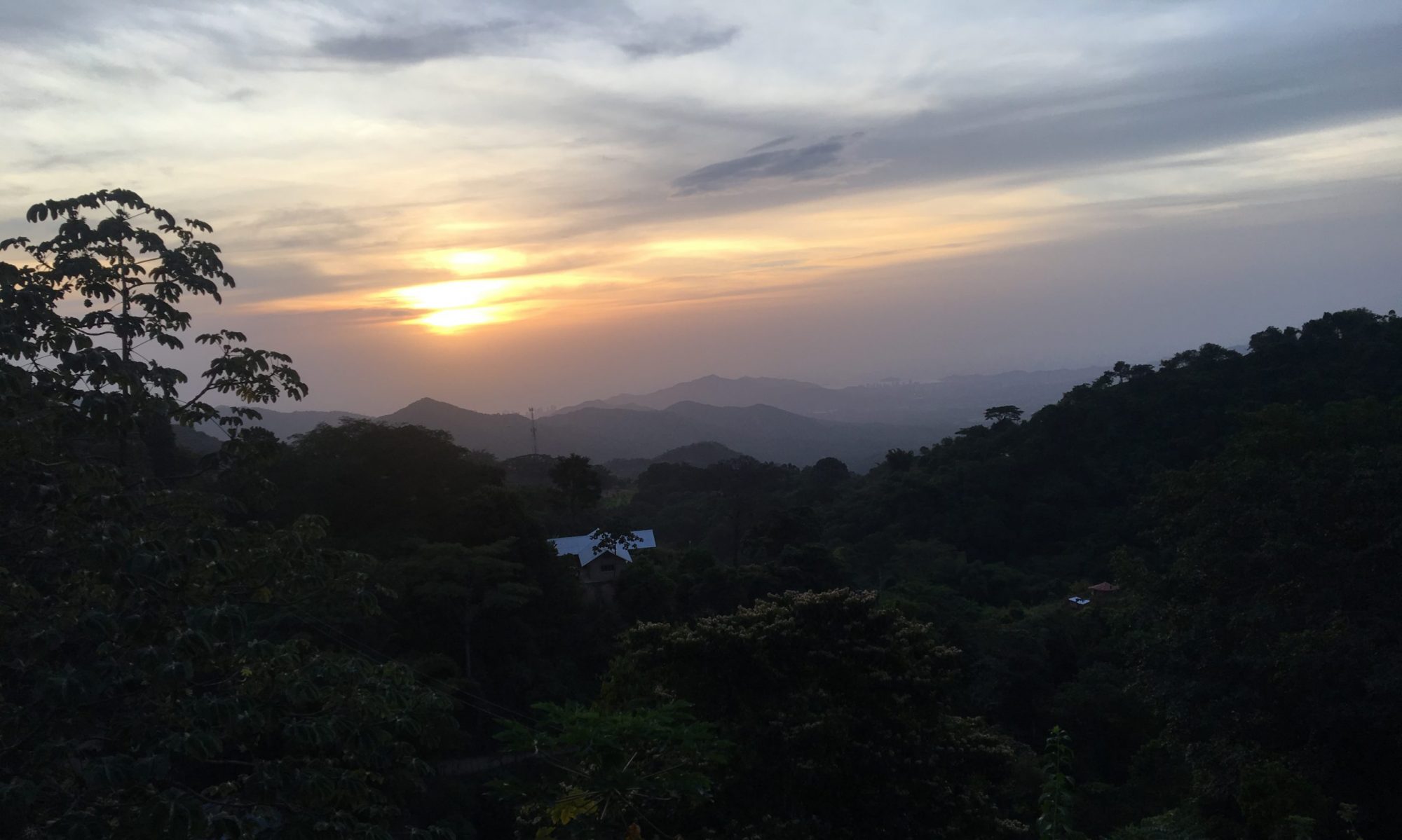I found particularly striking the article on barter markets (Argumedo and Pimbert) for its emphasis on a development strategy that doesn’t rely on a neo-liberal, western-centric approach and respects the sacred practice of reciprocity.
I think there is a common misconception that renders indigeneity as an inherently impoverished condition. Particularly in Latin America, indigenous cultures are still widely seen as backwards and/or simply ignorant. The word “Indian” is still thrown around as a synonym of indigenous, with the implication that something is underdeveloped. While it is a fact that indigenous peoples worldwide experience higher levels of poverty in terms of housing, health care, access to sanitation, etc, it is crucial to make the distinction that these conditions are directly caused by colonization and state violence and/or neglect. We must obliterate the narrative that illustrates their ancestral ways as irreconcilably outdated and ignorant.
Even under these dire conditions, indigenous peoples have made tremendous efforts to conserve their sacred knowledge and thrive as a traditional community in the era of globalization. Recalling the post-development theory from unit 3, to consider indigenous nations as underdeveloped and propose development strategies rooted in eurocentric ideas of modernization, is to engage in the same violence that attempts to strip indigenous peoples of their traditional livelihoods and cultures. Taking this into account, the barter markets are the perfect example of an empowering, non-homogenizing approach that provides food security and economic authority for indigenous peoples.

I like how your post reorients what we think of as wealth. Instead of only those metrics proposed by, for instance, the World Bank or the IMF, you underscore community, knowledge, and food security (which involved a relationship to the land in many cases). I think this reflection is important, because it’s a reminder that the very definition of “poverty” is western. What constitutes poverty to an economist in the World Bank may not constitute poverty to a Quechua woman. These different worldviews and value systems are important to have in mind when we make evaluations about wellbeing and “development.”